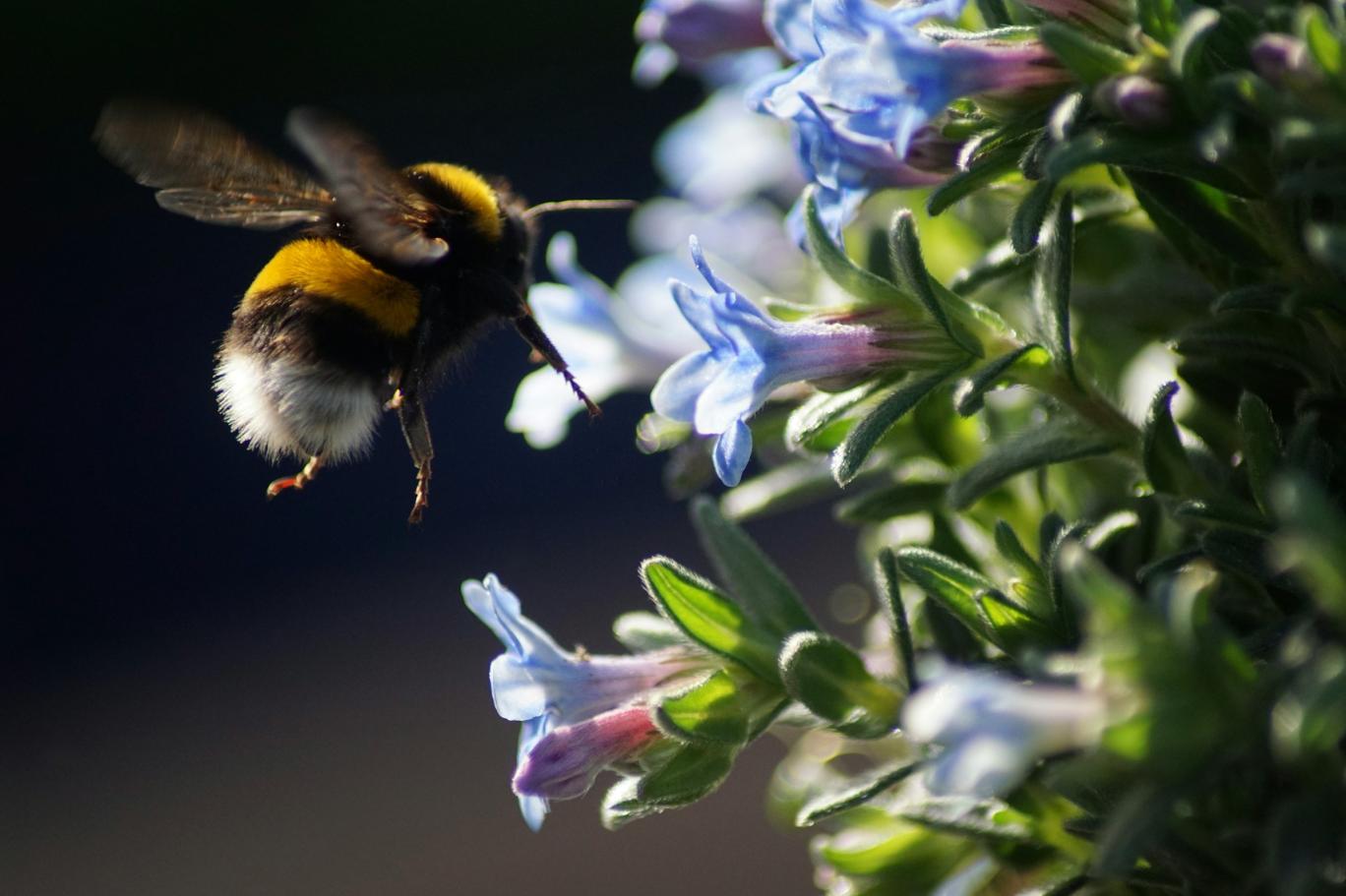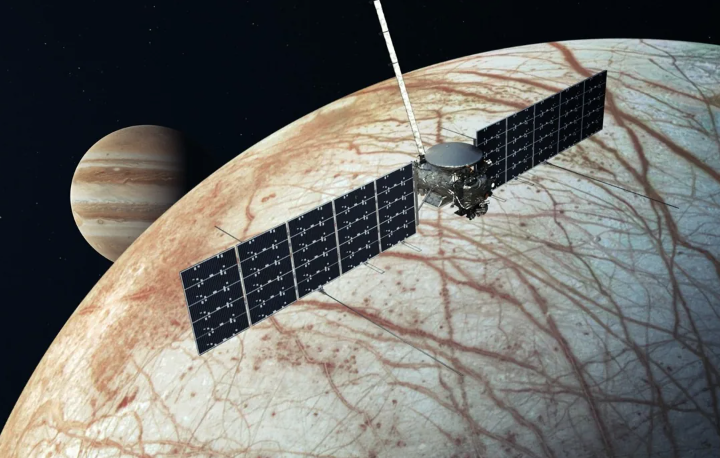Scientists have made the shocking discovery that bees can survive underwater for a week. They only found this out because researchers accidentally kept one of the bees underwater for days.
In a discovery described as “astonishing” by researchers from the University of Guelph in Canada, a queen bee of the genus Bombus impatiens survived for 7 days after water accidentally entered the container where she was kept.
The team then studied 143 insects, and the survival rates of those kept underwater were similar to those of those not in the water.
Nigel Raine, the study’s author, told CNN, “This was really surprising. These are terrestrial organisms, not really designed to live underwater. We don’t know much about this critical stage in their life history.”
Dr. Raine said the findings shed new light on the adaptations of insects and their resilience to flooding. One theory is that species can enter diapause – a suspension of growth due to reduced oxygen uptake.
During diapause, respiratory openings known as stigmas can remain closed for long periods of time, preventing water from entering the body, and submerged bumblebees may also be breathing through their skin, the researchers said.
“These bees are actually in energy-saving mode,” Dr. Raine said, adding that if they were active, they would probably not survive underwater.
According to the National Wildlife Federation of the United States, bumblebee impatiens are pollinators of flowers and numerous fruit and vegetable crops, including tomatoes, blueberries and cucumbers.
These bees are social insects that live in colonies. Newly mated queens hibernate over the winter, then emerge in early spring and begin searching for a nest site.
These insects can be found in the USA along the east coast from Maine to Florida and as far west as Ohio. They nest in forested areas and open fields.
In March, scientists discovered that bumblebees can use their “hive minds” to teach each other to solve complex puzzles that they could not learn alone.
The researchers trained “demonstrator” bees to complete the task with a temporary reward on the first step. Untrained bees learned from the demonstrators to open the two-step box without the need for a reward after the first step.
However, without demonstrators to show them how, the bees were unable to solve the puzzle independently through trial and error.





